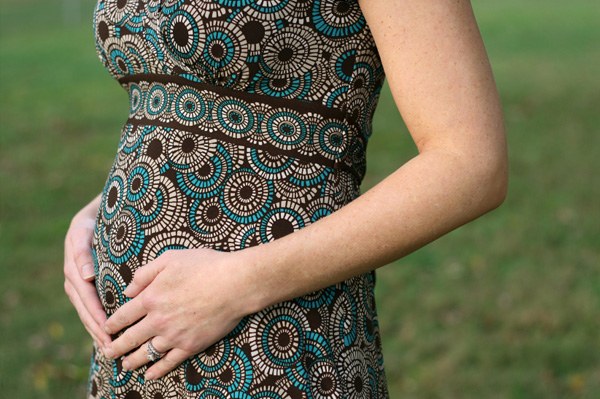You will need
- - container for collecting urine;
- - direction of the gynecologist.
Instruction
1
The primary appeal to the gynecologist for setting women on account of pregnancy and it is advisable to spend 4 to 6 weeks of pregnancy. It is necessary to carry out the following laboratory researches: clinical blood analysis, General urine analysis, biochemical blood test, VDRL, HIV, hepatitis b and C, sexually transmitted diseases, cytomegalovirus infection, toxoplasmosis, rubella virus, simple herpes, blood group, Rh factor, koagulogrammou.
2
Every 4 weeks, before visiting a gynecologist, you need to pass urine General clinical analysis. 12-13 week conduct biochemical screening: blood tests for PAPP-a, free HCG.
3
General clinical analysis of blood is needed to monitor the level of hemoglobin, erythrocyte sedimentation rate, white blood cells. A slight decrease in hemoglobin can occur in pregnant women due to the increase of circulating blood volume. At low concentrations of hemoglobin gynecologist will prescribe the necessary treatment. Increase in ESR and white blood cells may indicate the presence in the body of the inflammatory process.
4
During pregnancy the kidneys to bear a large load. Requires monitoring kidney condition according to the results of bacteriological studies of urine. In normal urine there should be no protein, glucose. Valid individual leukocytes and a small number of the squamous cells.
5
When the biochemical analysis of blood to determine the amount of protein, glucose, creatinine, urea, aspartate aminotransferase (AST), avitaminosis (ALT). On the basis of the results obtained in this analysis is judged on the General condition of the pregnant woman.
6
Research on diseases, sexually transmitted infections, TORCH-infections (cytomegalovirus infection, toxoplasmosis, rubella, a virus of simple herpes) is carried out in the immunology laboratory by analysis of blood on antibodies. These diseases increase the risk of intrauterine fetal anomalies.
7
To determine blood type is necessary for a possible blood transfusion if there is blood loss during childbirth. Rh-factor of blood is determined in the future mother and future father. If the mother revealed a negative RH factor and dad is positive, then the pregnant woman will be a referral for some blood work for quantification of antirhesus antibodies.
8
A blood test for pregnant koagulogrammou includes: determination of prothrombin index, fibrinogen, APTT, SFMC. The results of this study are judged on the coagulation capacity of blood. When identifying a pregnant tendency to thrombosis or bleeding, a doctor appointed by the appropriate treatment.
9
The blood test for PAPP-a and free HCG is the first screening and reveals the possible presence of fetal genetic diseases. A significant increase in the content of HCG and REAR-and in the blood occurs when down syndrome in the fetus. The decline in concentration may indicate the development of Feto-placental insufficiency.
Note
Tests must pass in the morning on an empty stomach. The day before testing, to refrain from the intake of fatty foods, physical stress.
Useful advice
All of the studies, directions for which was prescribed by a gynecologist, to be delivered in the shortest possible time. Timely submission of all tests – the key to having a healthy child.
